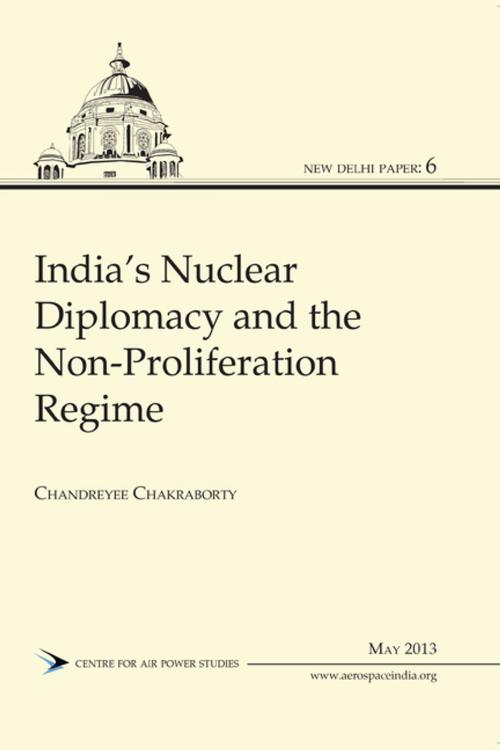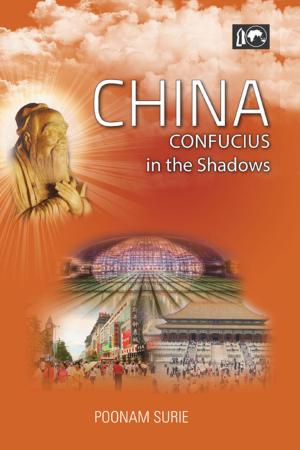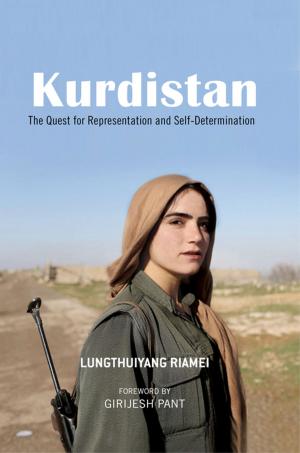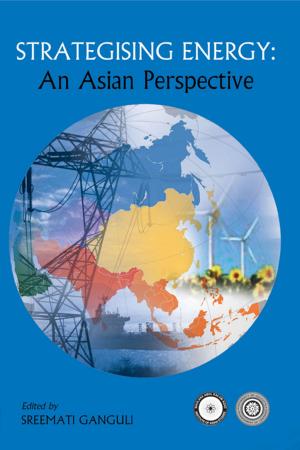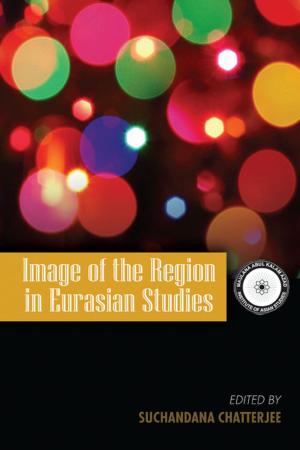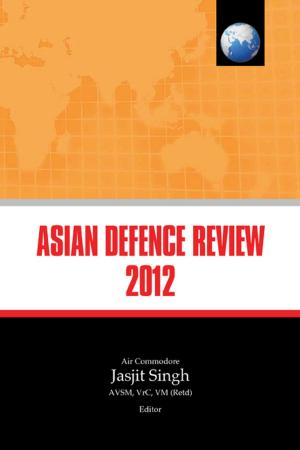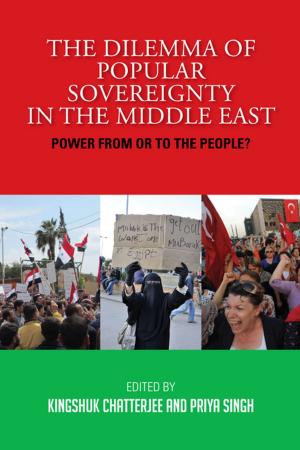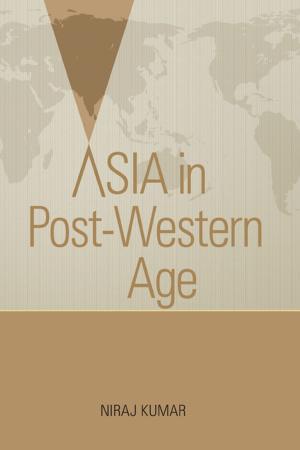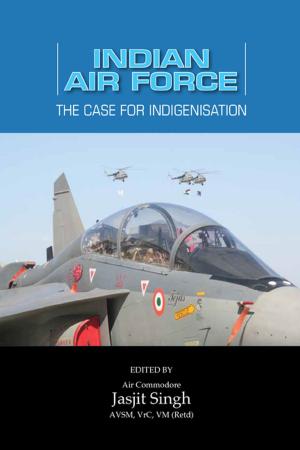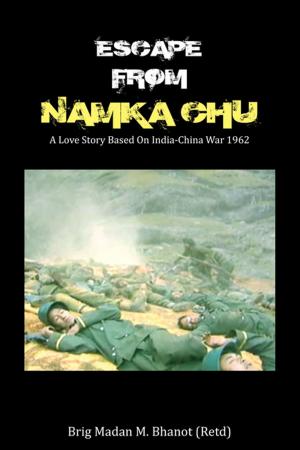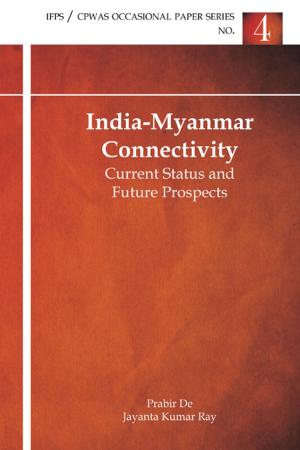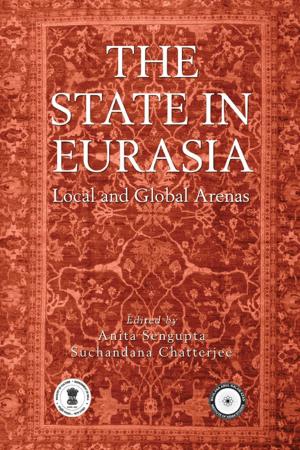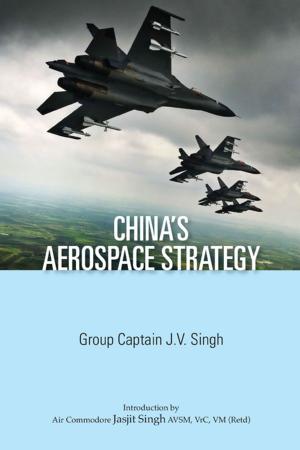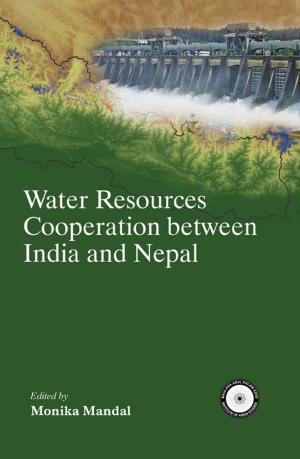| Author: | Ms Chandreyee Chakraborty | ISBN: | 9789385714764 |
| Publisher: | KW Publishers | Publication: | May 15, 2013 |
| Imprint: | KW Publishers | Language: | English |
| Author: | Ms Chandreyee Chakraborty |
| ISBN: | 9789385714764 |
| Publisher: | KW Publishers |
| Publication: | May 15, 2013 |
| Imprint: | KW Publishers |
| Language: | English |
This paper describes the evolution of the Non-Proliferation Regime through its major phases and the dynamics of the transformation which marked these phases, through a contextualisation of the security or geo-strategic environment of each phase. This paper has also made a conceptual study of the regime and the philosophical framework that shape the creation of the regime and its major shifts and makes an assessment of the concept of the non-proliferation regime through the Regime Theory framework and attempts to explain the paradigm that shaped the regime’s initial principles and goes on to explain the evolution in terms of the paradigmatic shifts. The attempt is to analyse the Indian approach to the regime through its response to the major structures and norms formulated by the regime during its evolution. It explains India’s policy on the regime’s fundamental tools on three key areas: non-proliferation, disarmament and peaceful uses of nuclear energy. The analysis being done through these categories will look at India’s policy on or approaches towards key instruments like the NPT, nuclear test ban, ending fissile materials production, safeguards, export controls, etc. Lastly the paper looks into the dynamics of the post-1998 and post nuclear-deal phase when India is supposed to be attempting to integrate with the regime and its principles. How is India attempting to do this? What are the key challenges and obstacles towards this objective? What are the means for greater Indian integration with the regime? My idea is to actually bring out the new diplomacy that India has, how the global politics is viewing India’s new status after the Indo-US nuclear treaty, and lastly to bring out the changing dynamics in the nuclear diplomacy. India has to play a critical role in tackling these challenges. India has to play the role of a responsible player in minimising proliferation dangers by actively engaging in the non-proliferation regime.
This paper describes the evolution of the Non-Proliferation Regime through its major phases and the dynamics of the transformation which marked these phases, through a contextualisation of the security or geo-strategic environment of each phase. This paper has also made a conceptual study of the regime and the philosophical framework that shape the creation of the regime and its major shifts and makes an assessment of the concept of the non-proliferation regime through the Regime Theory framework and attempts to explain the paradigm that shaped the regime’s initial principles and goes on to explain the evolution in terms of the paradigmatic shifts. The attempt is to analyse the Indian approach to the regime through its response to the major structures and norms formulated by the regime during its evolution. It explains India’s policy on the regime’s fundamental tools on three key areas: non-proliferation, disarmament and peaceful uses of nuclear energy. The analysis being done through these categories will look at India’s policy on or approaches towards key instruments like the NPT, nuclear test ban, ending fissile materials production, safeguards, export controls, etc. Lastly the paper looks into the dynamics of the post-1998 and post nuclear-deal phase when India is supposed to be attempting to integrate with the regime and its principles. How is India attempting to do this? What are the key challenges and obstacles towards this objective? What are the means for greater Indian integration with the regime? My idea is to actually bring out the new diplomacy that India has, how the global politics is viewing India’s new status after the Indo-US nuclear treaty, and lastly to bring out the changing dynamics in the nuclear diplomacy. India has to play a critical role in tackling these challenges. India has to play the role of a responsible player in minimising proliferation dangers by actively engaging in the non-proliferation regime.
